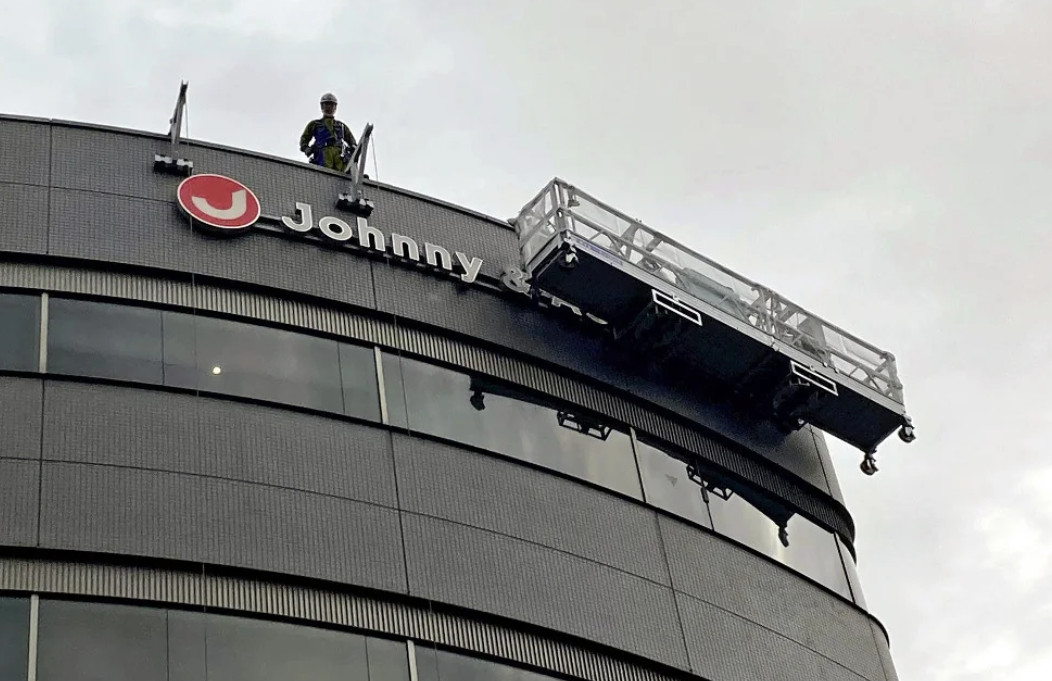In the wake of Johnny Kitagawa’s sexual abuse scandal, victims have recently come forward and said they had trouble being compensated by Smile-Up, which was formerly Johnny & Associates but renamed last year. Almost 1000 individuals have reportedly come forward, and now the victims’ group has asked the company for transparency and appropriate levels of compensation after facing questions from victims who came to them asking for advice.
During a news conference Monday, a victims’ group demanded more transparency on the criteria for compensation. They also asked that the agency grant compensation on the basis of what they say they have endured, instead of denying their claims because they lack documentation proving they worked for the company.
“Many are facing difficulties as they are unable to provide evidence of their past affiliations or engagements in activities such as lessons or dancing in the background,” said Shimon Ishimaru, the deputy leader of the group. Dozens are seeking advice from the victims’ group after being denied compensation, he added.
In response, Smile-Up is saying they are compensating those deemed eligible, which seems to consist of checking enrollment records.
Smile-Up said on Wednesday via email that it “is actively reviewing individual reports of damage in consultation with the Victim Relief Committee, for individuals whose enrollment records cannot be confirmed (including those who were not affiliated with our company),” adding that it is committed to providing compensation for those deemed eligible.
The agency also said that it has decided not to disclose the amount of compensation received or how much victims would be paid in “model cases,” on the grounds that some victims have asked for such information to be confidential for fear of slander.
“To respect the wishes of victims who have received compensation and to avoid potential defamation, we have decided not to disclose specific compensation amounts, total figures, or model cases,” the agency said.
Smile-Up announced that 125 people have been compensated out of 939 claims, with another 183 notified of compensation details and 156 of those having agreed to terms.
But for many it seems their claims will be denied due to not having concrete documentation, including 55-year-old Kawai Kenichiro, who told his story at the victims’ group’s press conference.
Also present at Monday’s news conference was Kenichiro Kawai, a 55-year-old, who claimed that his application for compensation had been denied due to the lack of documentation verifying his affiliation with the talent agency.
Kawai said that he was abused at the age of 18 when Kitagawa invited him to the agency’s Kawasaki studio after he sent his resume to Johnny & Associates.
Since he did not sign a contract, proving sexual abuse was difficult. He tried contacting the agency several times, including making inquiries to the mental health consultation desk that was introduced by the agency, but the response he got was vague.
“I tried contacting Johnny & Associates as best as I could, but I felt that I had reached my limits, and felt depressed because of it,” he said.
With the help of the victims group, Kawai was finally able to sit down with Smile-Up’s lawyers on Dec. 22 and is now waiting for the agency to come to a decision. He emphasized that there were many others whose claims were rejected because they could not prove their affiliation with the agency.
This approach to things has drawn criticism from the victims’ group.
Kazuya Sugiyama, a lawyer for the victims group, criticized the agency for not disclosing the criteria for compensation or how much money had been paid to victims.
“Although we have received reports that more than 100 victims have received compensation, they (victims) are unable to judge whether the amount they have received is fair or not, or whether it is fair in comparison to other people.” Sugiyama said.
“If (Smile-Up) could publish a model case of how much was paid in such a case, (the victims) would be able to get a better idea of what to expect,” he added.
The compensation part of this always figured to be difficult, no matter what Smile-Up claimed to the press. Tragically, a victim of Kitagawa has already taken their own life after being harassed on social media, and as cases get disputed by Smile-Up strictly due to not having official records, I do fear that it’ll give the apologists an even louder voice.
——
On perhaps a better note of sorts, it’s been reported that in the wake of the Johnny Kitagawa sex abuse scandal, more men have been coming forward to seek sex abuse consultations.
The number of consultation calls fielded by police totaled 26 as of the end of October, up over twofold from a year earlier. Many of the victims sought consultations for cases that happened years or even decades ago.
The Cabinet Office’s gender equality bureau temporarily set up a sexual abuse consultation office for adult men and another for boys and their guardians between September and December.
Explaining the reason for opening the offices, an agency official said, “Male victims tend to find difficulties seeking consultations due to the misunderstanding that men are less likely to be sexually abused.”
The number of consultations offered through the offices totaled 77 in 1½ months, with some 70% of adult male victims seeking advice regarding incidents that happened over 20 years ago. Among other measures, officials introduced the victims to lawyers and the Japan Legal Support Center, a public agency.
Many juvenile victims, however, may find it difficult to consult with people around them, including their parents or guardians.
A senior MPD official said, “We want parents of young children to seek consultations if they notice something wrong.”
While that’s a terrible reality to confront and obviously not good that any of it happened, bringing stuff like this to light and addressing it is an improvement over sweeping it under the rug, and is the only way for things to improve.
 Asian Junkie Asian pop. Without discretion.
Asian Junkie Asian pop. Without discretion.
